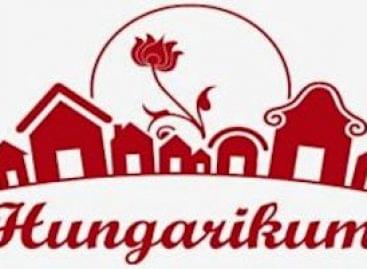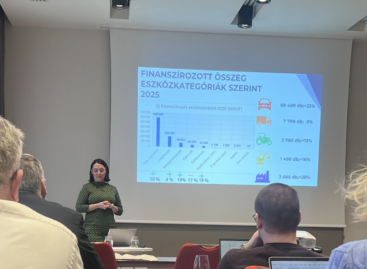Magazine: Machines talking to each other
The Internet of Things (IoT) enables us to remotely access objects we use, such as household appliances, cars, cash registers, etc. This form of communication is made possible by a technology called machine to machine communication (M2M) – data flow implemented without human interaction. Communication can be realised between any devices which have the necessary technology (sensors, chips, etc.) to be integrated into the system. According to Vodafone and Circle Research’s M2M Barometer report, companies’ competitiveness increased as a result of their M2M developments (83 percent) and the necessary investments returned (59 percent). The survey was conducted in 7 industries of 16 countries, with the participation 650 managers. It was in the retail sector that usage of the technology increased the fastest, by 88 percent. In-store digital signage, smart payment solutions and systems used for optimising the supply chain are increasingly popular. According to the report, it is noteworthy that M2M use increased by 47 percent in healthcare and grew by 32 percent in public utility services. Car manufacturers also equip new vehicles with M2M features – M2M technology use augmented by 14 percent in this segment. The report reveals that 69 percent of companies that invented in M2M technology – which is often integrated into cloud computing solutions – said this step fundamentally changed the way they work. Gábor Pete, head of enterprise solutions sales at Vodafone Hungary told our magazine that smart solutions can make any field of retail more efficient, for instance with an online stock inventory system goods can be ordered automatically from suppliers, electronic shelf labels can be updated remotely, etc. Gergely Árvai, IT branch director of commercial IT services at Magyar Telekom explained that adopting M2M solutions can make any organisation operate more efficiently, saving time and reducing risks, at the same time cutting energy use too. Devices used in retail such as online cash registers require the rapid communication of a small volume of data the most, which can be done perfectly with the help of M2M technology. Zoltán Tóth, head of solution sales at Telenor informed that in Hungary M2M technology is most widely used in fleet management and in security services. M2M solutions can come in off-the-shelf (OTC) version or they can be customised to company needs. Mr Pete told they are trying to make OTC services available to as many FMCG partners as possible, but these don’t always satisfy all customer needs. He reckons that the spreading of M2M communication solutions is hindered by the fact that several different devices, data collection platforms and analysis systems exist in the market which aren’t necessarily compatible with each other. Mr Árvai revealed that for FMCG partners they tend to offer personalised M2M solutions as OTC products don’t always do the job. He thinks that a growing number of people learn about M2M technology these days, but in many cases users don’t even know that a given technology is actually an M2M solution. Mr Tóth informed us that Telenor’s OTC solutions cater for road transport companies’ telemetric data needs, plus they offer other services too, in order to make their business processes faster and more transparent. He opines that M2M solutions aren’t going to spread faster until two criteria are met: 1. solutions become more general instead of serving a specific need, 2. a standard technological protocol is developed and followed by market players. Vodafone Hungary’s experience is that investing in M2M technology returns, but its time varies depending on the type of service used, on the devices and on how the system is integrated into daily operation. Magyar Telekom revealed that FMCG companies first launch a pilot project in cooperation with their IT service provider before starting to put an M2M idea into practice. Telenor’s experience is that the technology is more frequently used in a B2B environment, which suggests long-term planning and returns.
Related news
Related news
Amikor a megszámlálhatatlan megszámlálhatóvá válik
🎧 Hallgasd a cikket: Lejátszás Szünet Folytatás Leállítás Nyelv: Auto…
Read more >The number of Hungarian dishes has increased to one hundred with the terpertős pogácsa and Vecsés sauerkraut
🎧 Hallgasd a cikket: Lejátszás Szünet Folytatás Leállítás Nyelv: Auto…
Read more >The leasing market was able to grow last year in a stable environment
🎧 Hallgasd a cikket: Lejátszás Szünet Folytatás Leállítás Nyelv: Auto…
Read more >







